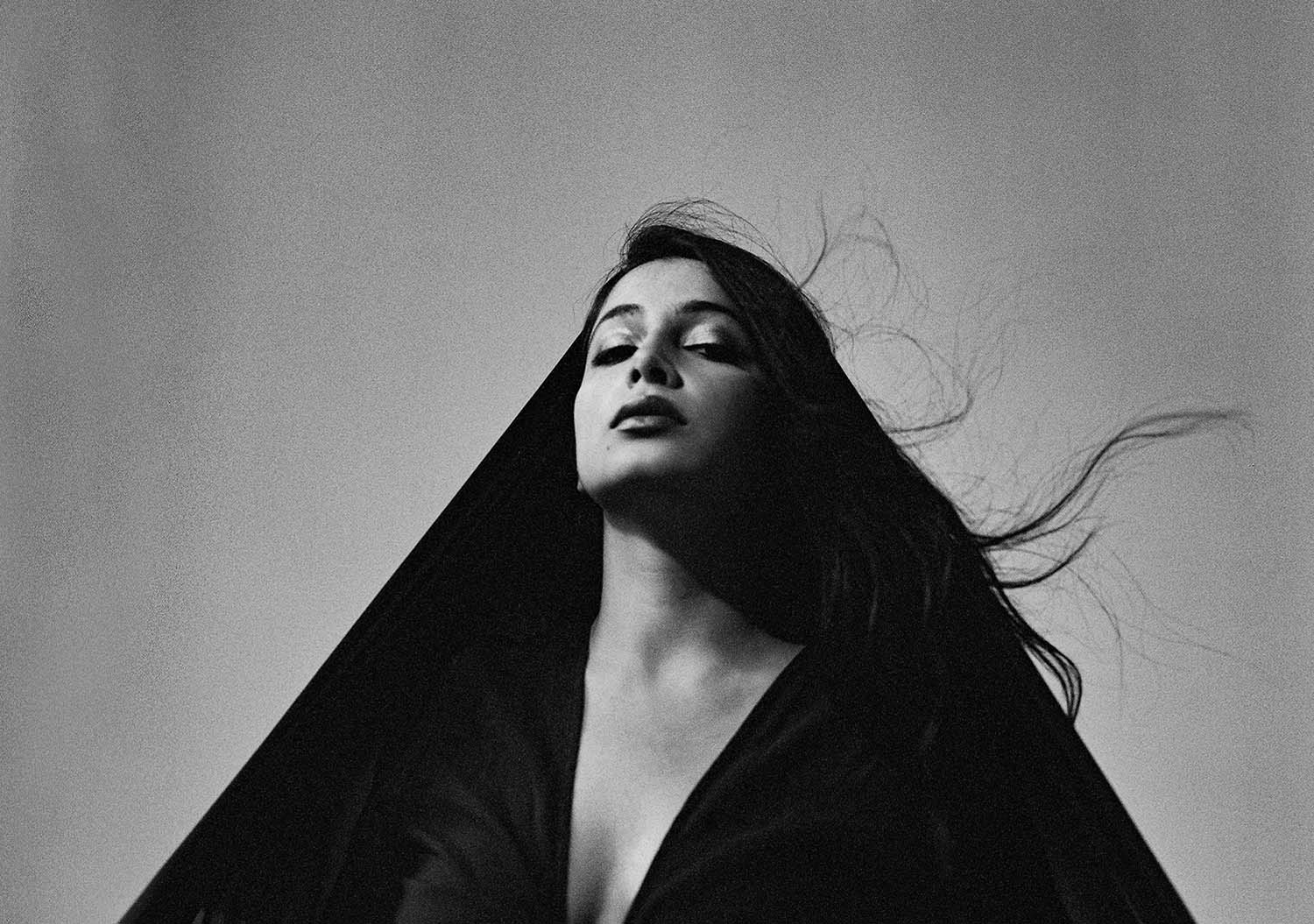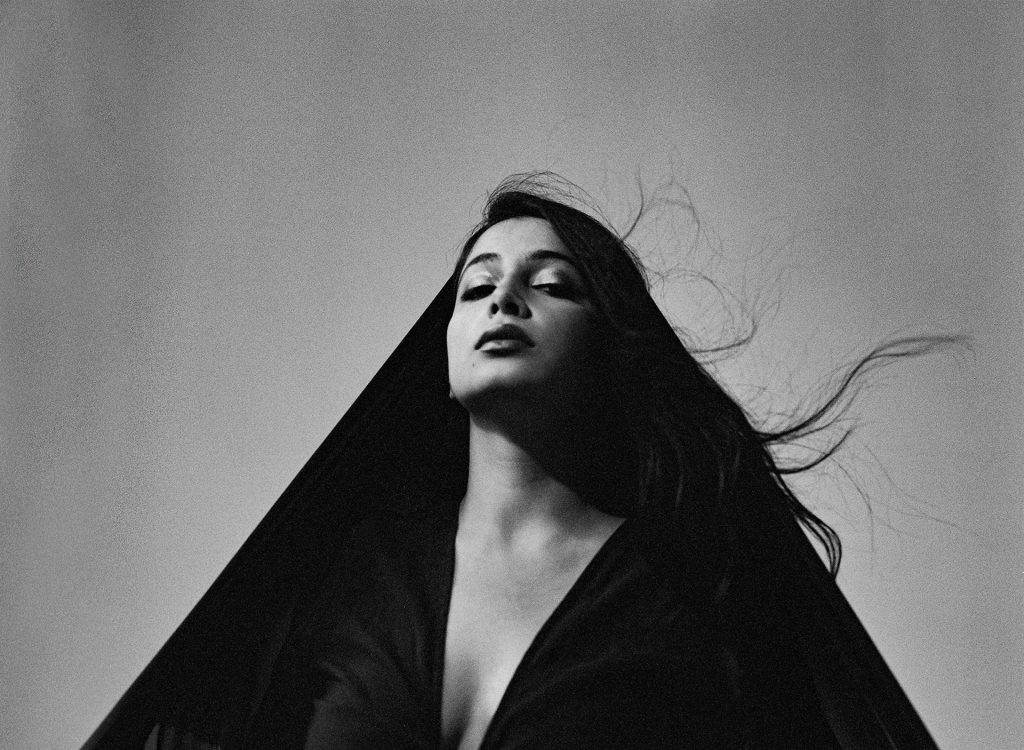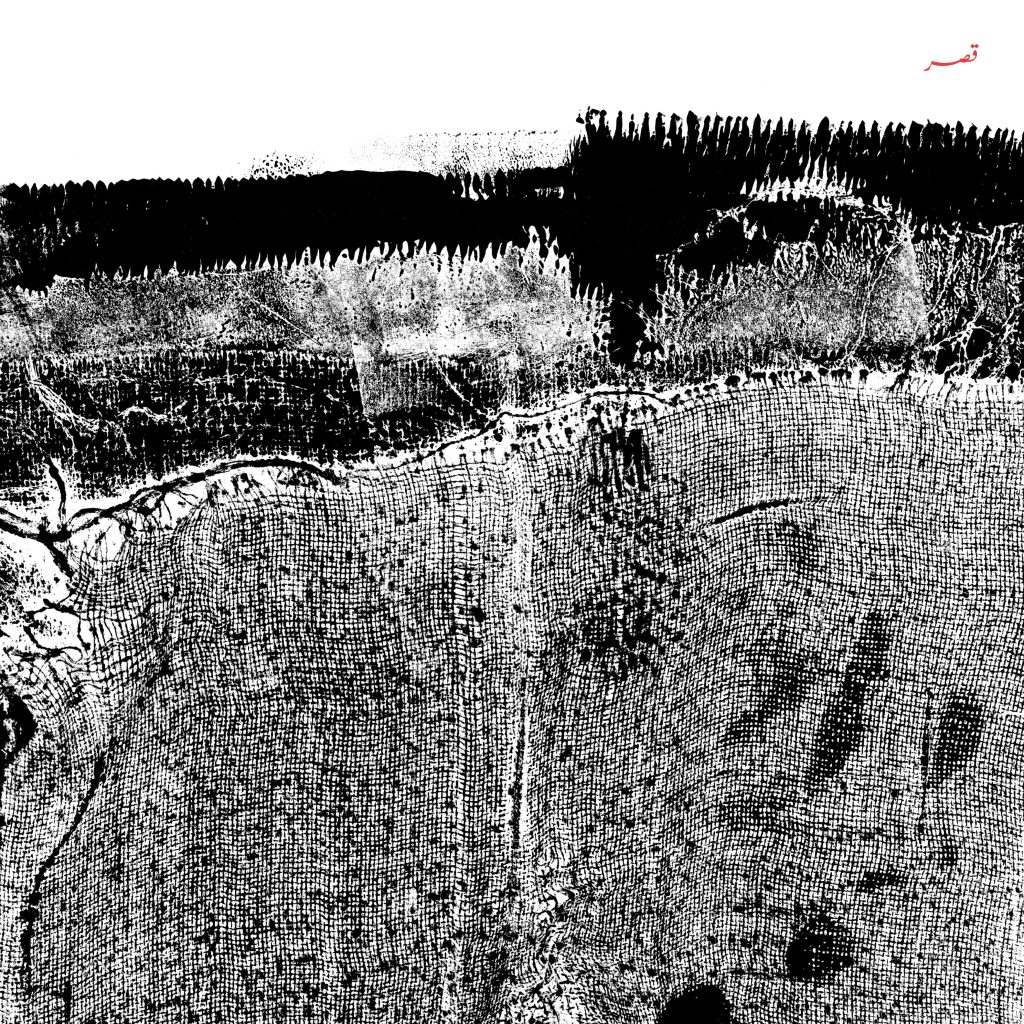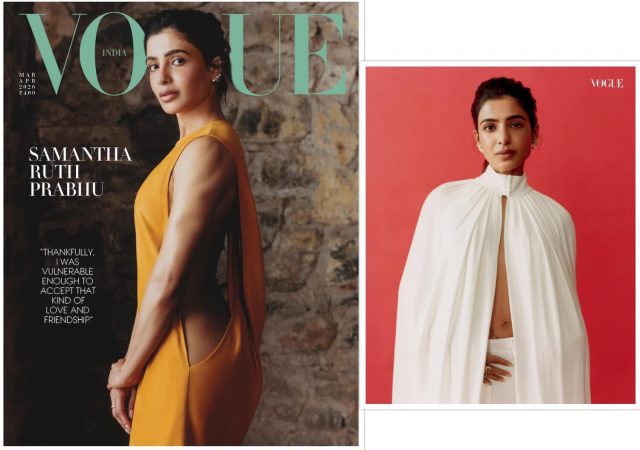Produced by Grammy winner Arooj Aftab, the violin and percussion tango with Sheherazaad’s poetic lyrics on the disconcertingly jaunty composition
‘Qasr’ to release on March 1
Listen to it: https://open.spotify.com/track/6M1kUqXqYRSsSPfJLqvD3S?si=7bfe73bb812345fb
Sheherazaad is an American-Indian performer-composer, whose contemporary folk-pop synthesis joins the new, innovative wave of South Asian diasporic sounds.
Signed to forward-thinking, London-based independent record label Erased Tapes, Sheherazaad releases the second single, ‘Dhund Lo Mujhe’ – from her upcoming LP Qasr – on January 29. ‘Mashoor’ was the highly praised first single from the mini-album that is scheduled to release on March 1.
Who is Sheherazaad?
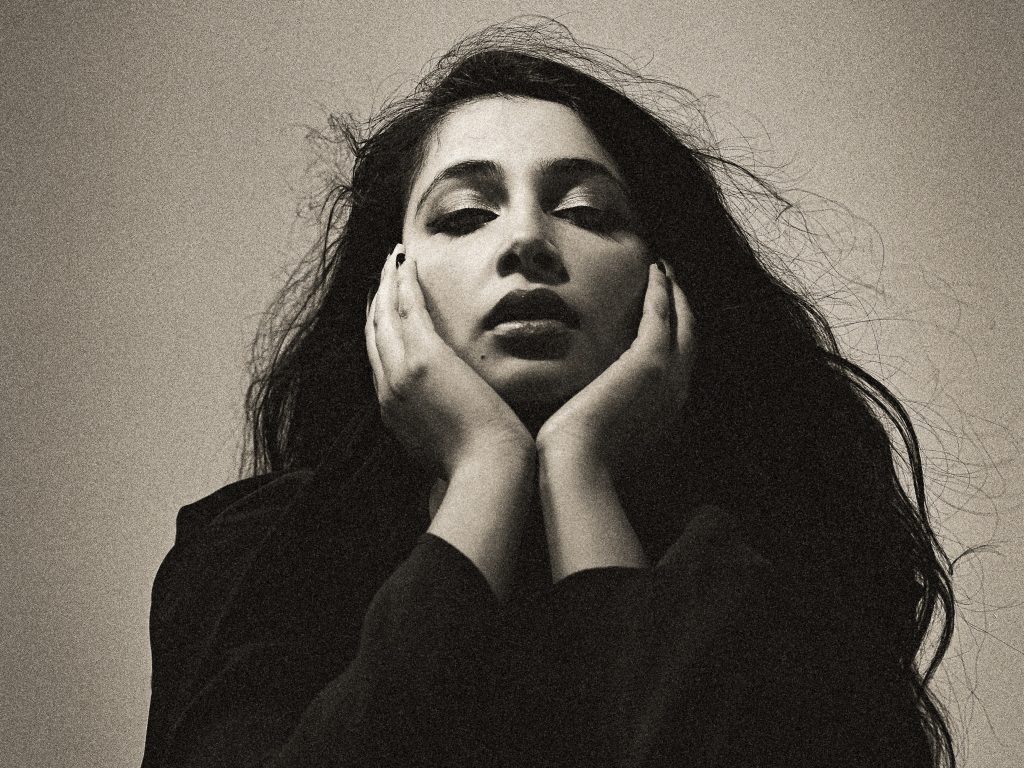
Native to the San Francisco Bay Area and brought up in a “fanatically art-centred, immigrant household”, Sheherazaad gleans from Western classical and South Asian sonic lineages. At home, she absorbed the immense oeuvre of Lata Mangeshkar and RD Burman, while beginning formal voice education in jazz and American Songbook from the age of six.
After years of singing competitions and performances of Western repertoire, Sheherazaad “stopped singing completely,” citing her “disenchantment with English as an emotive language” after encountering British colonial history. But she also felt a visceral disorientation resulting from long stays in India, where her mixed North and South Indian heritage further complicated and left a deep imprint on her ‘hyphenated’ young psyche and speaking accent.
In New York, she quickly discovered a more radical South Asian arts community. She began following the likes of the Swet Shop Boys, studying the UK’s historic Asian electronic counterculture, and eventually crossing paths with experimental Pakistani artist Arooj Aftab. Sheherazaad relocated to California for vocal rehabilitation under Hindustani classical vocalist Madhuvanti Bhide and studied Arabic, Hindi, and Urdu in an attempt to access her lost heritage.
“I felt determined to resurrect and recalibrate my singing voice”, she says, “to participate in this new wave I saw of diasporic music innovation and its links with political liberation.”
Her contemporary voicing, though inherently genre-defiant, may be described as alternative folk or experimental ballad. Sheherazaad’s original lyricism modernises certain existing Hindi-Urdu poetic forms, channelling questions of displacement, mother tongue, imagined homelands, and beyond.
‘Dhund Lo Mujhe’
Pizzicato fiddles cut through on ‘Dhund Lo Mujhe’ (“Search For Me”), almost unnervingly jaunty alongside her tumultuous delivery.
With lyrics like Paas baithi, ek jalpari / Glass mein machli / Jo paisa maangti / Almaari mein chaand / Is mulk ki pagal rani / Hai! Kase chali, ‘Dhund Lo Mujhe’ brings up “this circus of the insane, carnival of the unhappy”.
“It suggests a very specific insanity, that of the immigrant experience. There is implied bloodshed, glamour, hallucination, and schizophrenia,” she says.
The tendency, she explains, in the US context, is for Asian people to fit the “model minority myth” and hide the more ominous dimensions of themselves. “I want listeners to unleash all of that unabashedly,” she says, adding, “This is about delighting in our wickedness, especially as gender expansive people, where we’ve previously had little control over our sonic narrative in Hindi and Urdu music.”
‘Dhund Lo Mujhe’ was recorded at The Glass Wall in Brooklyn, produced by Arooj, mixed by J. Valleau, and mastered by Heba Kadry. It features performances by Runar Blesvik on percussion and strings, and Basma Edrees on violin.


